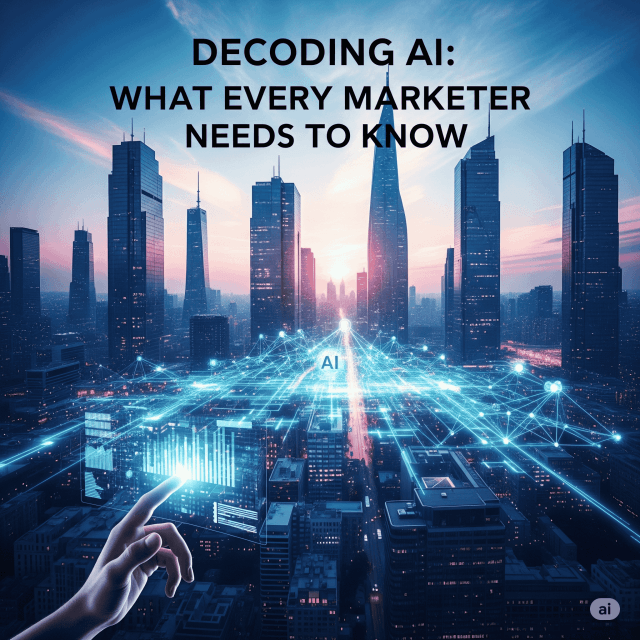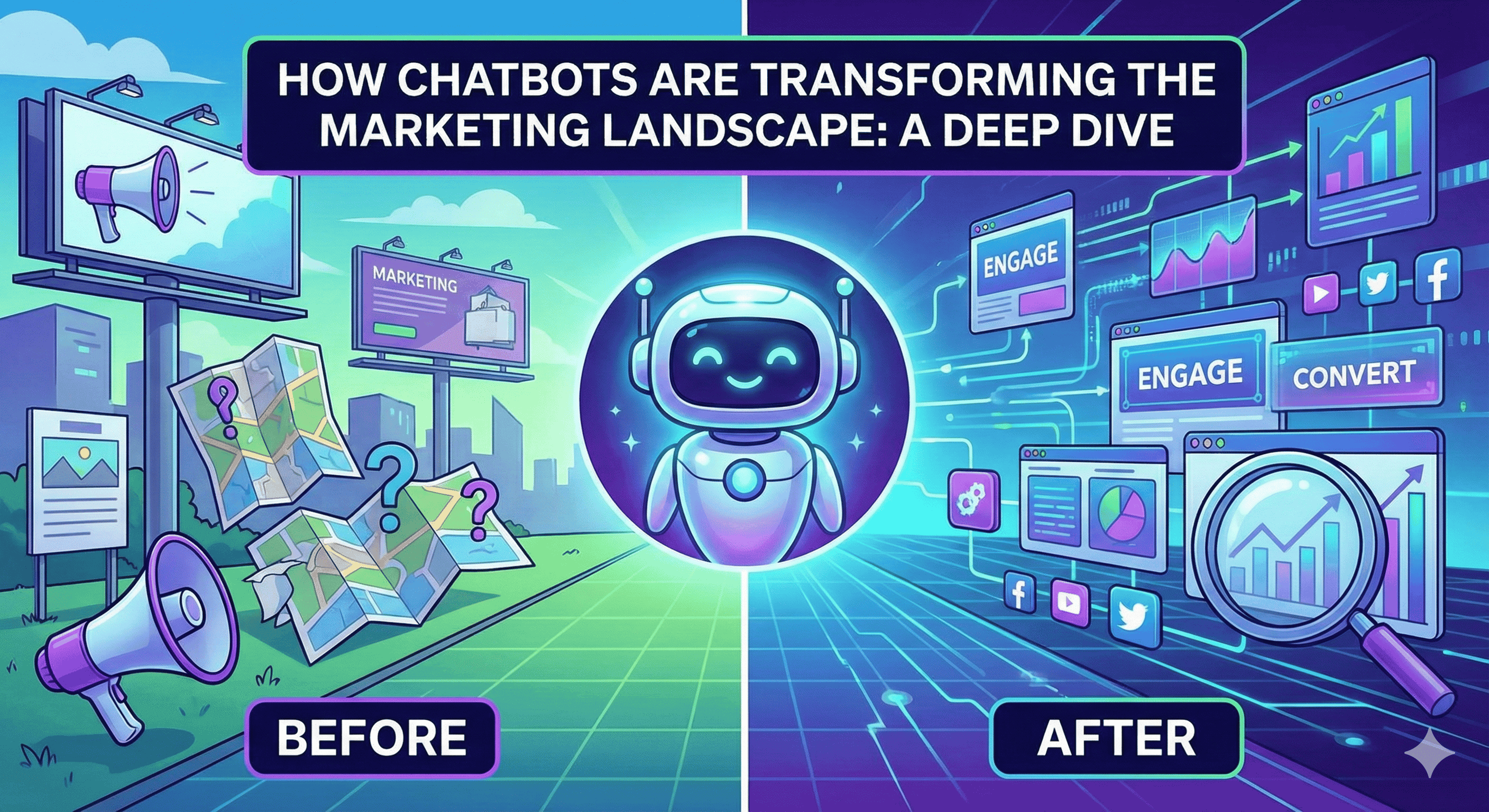In today’s rapidly evolving digital landscape, artificial intelligence (AI) is not merely a futuristic concept; it’s a pivotal tool that marketers can leverage to drive engagement, enhance customer experiences, and optimize campaigns. However, understanding how AI works and how to integrate it into marketing strategies is essential for harnessing its full potential. Here’s what every marketer needs to know about decoding AI.
The Basics of AI in Marketing
1. Understanding AI Technologies
Machine Learning (ML): A subset of AI, machine learning involves algorithms that learn from data and improve over time without human intervention. Marketers can use ML to analyze consumer behavior and predict future trends.
Natural Language Processing (NLP): This technology enables machines to understand, interpret, and respond to human languages. Marketers can utilize NLP for sentiment analysis, chatbot interactions, and content generation.
Predictive Analytics: This involves using historical data to forecast future outcomes. By analyzing past consumer behaviors, marketers can make data-driven decisions about targeting and personalization.
2. The Role of Data
Data is the fuel for AI. Understanding the types of data (like demographic, behavioral, and transactional) marketers can collect and analyze is crucial. High-quality, relevant data allows AI systems to deliver more accurate insights, leading to more effective marketing strategies.
Benefits of AI in Marketing
1. Enhanced Customer Insights
AI-powered tools can analyze vast amounts of data quickly, identifying patterns and trends that would be impossible for humans to decipher manually. This capability allows marketers to gain deeper insights into consumer preferences and behaviors, which in turn informs more targeted and personalized marketing strategies.
2. Improved Customer Experience
With AI, businesses can deliver more tailored experiences. For example, AI can personalize website content in real-time based on user behavior, making recommendations more relevant. Chatbots and virtual assistants enhance customer service by providing instant responses to inquiries, thus improving overall engagement.
3. Increased Efficiency
AI automates repetitive tasks, freeing up marketers to focus on strategic thinking and creativity. From automating email marketing campaigns to optimizing ad placements, AI enables teams to work more efficiently and effectively.
Key Applications of AI in Marketing
1. Chatbots and Virtual Assistants
Chatbots are transforming customer service by providing instant, 24/7 support. They can answer queries, recommend products, and even facilitate transactions, allowing brands to engage with customers in real-time.
2. Predictive Lead Scoring
AI can analyze user behavior and segment leads based on their likelihood to convert. This predictive analysis allows marketers to prioritize high-value leads, improving sales efficiency and effectiveness.
3. Content Creation and Curation
AI tools are now capable of generating content, from social media posts to entire articles. By analyzing what resonates with audiences, marketers can create more engaging and relevant content, tailored to audience preferences.
Challenges and Considerations
Despite its advantages, integrating AI into marketing comes with its challenges. Some key considerations include:
1. Data Privacy
With great power comes great responsibility. Marketers must navigate data privacy laws and ensure that they use customer data ethically and transparently.
2. Quality of Data
The effectiveness of AI is directly linked to the quality of the data. Poor data quality can lead to inaccurate predictions and misguided strategies, undermining the purpose of using AI in the first place.
3. Human Oversight
While AI can automate processes, human oversight remains critical. Marketers should ensure that AI tools are aligned with overall brand values and strategies, avoiding over-reliance on technology that may lack the nuance of human judgment.
The Future of AI in Marketing
As AI technology continues to evolve, its applications in marketing will expand. Trends like augmented reality, voice search optimization, and hyper-personalized advertising are on the horizon. Marketers who embrace these innovations and adapt their strategies accordingly will have a competitive edge.
Conclusion
Decoding AI is essential for today’s marketers. By understanding its technologies, benefits, and applications, marketers can unlock powerful insights and enhance customer experiences. As the landscape continues to evolve, staying informed and adaptable will be key to leveraging AI effectively. Embrace the future of marketing—where technology and creativity converge for unprecedented opportunities.









